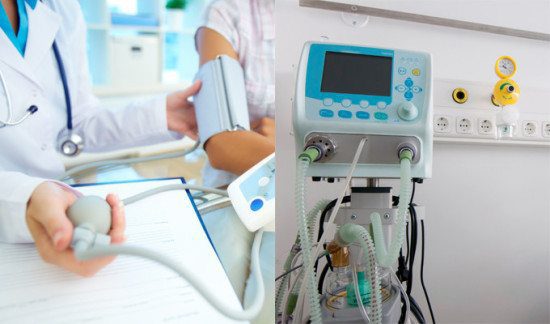Almost a week after the significant ransomware attack on the Ireland Health Service (HSE) network, the group responsible has started leaking patients’ medical and personal details online.
HSE publicly disclosed the attack on Friday, when the organisation announced that it had shut down its IT systems. The attack affected diagnostic services and forced many hospitals to cancel appointments.
The Financial Times claims to have seen screenshots and files, seemingly confirming that the Conti ransomware group is now leaking data onto the dark web.
Irish Prime Minister Micheál Martin has ruled out paying a ransom to the Conti cyber gang.
The opinions expressed in this post belongs to the individual contributors and do not necessarily reflect the views of Information Security Buzz.



